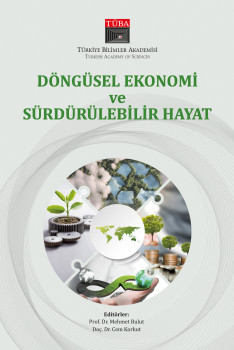The Effects of Circular Economy on Labor Markets: An Assessment in Terms of Political Economy

The Effects of Circular Economy on Labor Markets: An Assessment in Terms of Political Economy
The circular economy is referred to the mechanisms and processes that resources/inputs are reused. In the literature, the emphasis is placed on the reuse of the raw materials and/or the system change, considering variables such as sustainability and waste. This approach defines the new generation of production/consumption behaviors and the economic principles, highlighting social and environmental issues.
The transition process will transform the labor markets. Changes in macroeconomic structure and relation system will determine the net aggregate effects of job creations, job substitutions, job losses and job redefinitions. Risks and opportunities of employment, skills and education will cause asymmetrical division of labor and specialization in the national economies and across the countries.
The political economy of the circular economy is about designing the new philosophy, rules, and principles of welfare production process. In this context, the economic and social platform consisting of public authority, real and finance sectors, non-governmental organizations, consumers, labour organizations etc. has a special role and function. The platform will enable effective cooperation and coordination increasing the positive effects and reducing the costs of the process.
